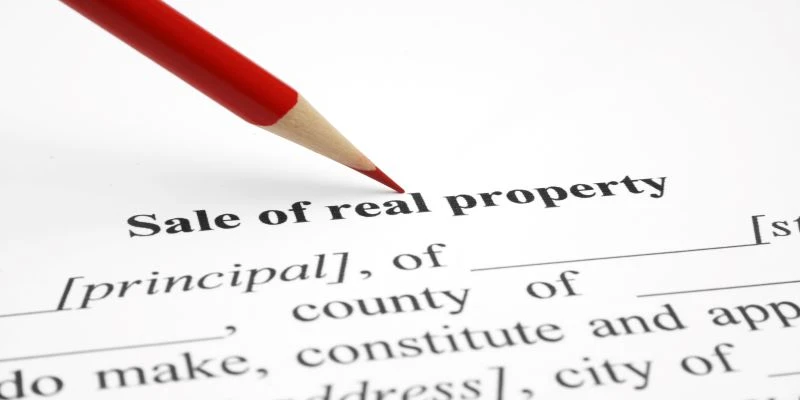
The Texas Property Code authorizes the correction of a material error in a recorded original instrument of conveyance—for example, a deed—by agreement. See Tex. Prop. Code § 5.029. To be effective, the instrument correcting the error must be executed by each party to the original instrument “or, if applicable, a party's heirs, successors, or assigns.” Id. § 5.029(b)(1).
But when is the agreement of an original party's heirs, successors, or assigns necessary to make a correction?
The Texas Supreme Court recently interpreted Texas Property Code § 5.029 and opined that the terms “or” and “if applicable” simply emphasized that the phrase “party's heirs, successors, or assigns” may be relevant when the original party is unavailable. See id.; Broadway Nat'l Bank, Tr. of Mary Frances Evers Tr. v. Yates Energy Corp., 631 S.W.3d 16, 25–26 (Tex. 2021), reh'g denied (Sept. 24, 2021). In other words, a party’s heirs, successors, or assigns are merely substitutes whose signatures are unnecessary unless an original party is unavailable to execute the correction instrument. See Broadway, 631 S.W.3d at 25-26. Accordingly, Section 5.029 is satisfied when all the original parties agree to sign the correction instrument. Id.
Now, if a correction needs to be made to a deed or an original instrument of conveyance after a third party acquired an interest, does the third party need to sign the correction instrument?
The answer is simply, no. In Broadway, the Texas Supreme Court held that original parties to a deed can effectuate a correction instrument under Section 5.029 without the signatures of subsequent purchasers or current property owners. See Broadway, 631 S.W.3d at 27 (interpreting Tex. Prop. Code §§ 5.027, 5.030, & 13.001). The Texas Supreme Court reasoned that if bona fide subsequent purchasers were required to sign a correction instrument for it to take effect, then the protections afforded by certain sections under the Texas Property Code would be pointless. See Broadway, 631 S.W.3d at 27. The Court further recognized that those protections are necessary only when a bona fide purchaser has not consented to the change (from the correction instrument) but is still affected by it, which may occur when the original parties to an instrument all sign on to a correction instrument. Id. This aligns with the policy consideration of providing title stability to innocent third-party purchasers. Id.
Deeds are important legal instruments and issues pertaining to deeds can become quite complex. It may be helpful to retain an experienced real estate lawyer to assist with any issues.
All information provided on Silblawfirm.com (hereinafter "website") is provided for informational purposes only and is not intended to be used for legal advice. Users of this website should not take any actions or refrain from taking any actions based upon content or information on this website. Users of this site should contact a licensed Texas attorney for a full and complete review of their legal issues.
